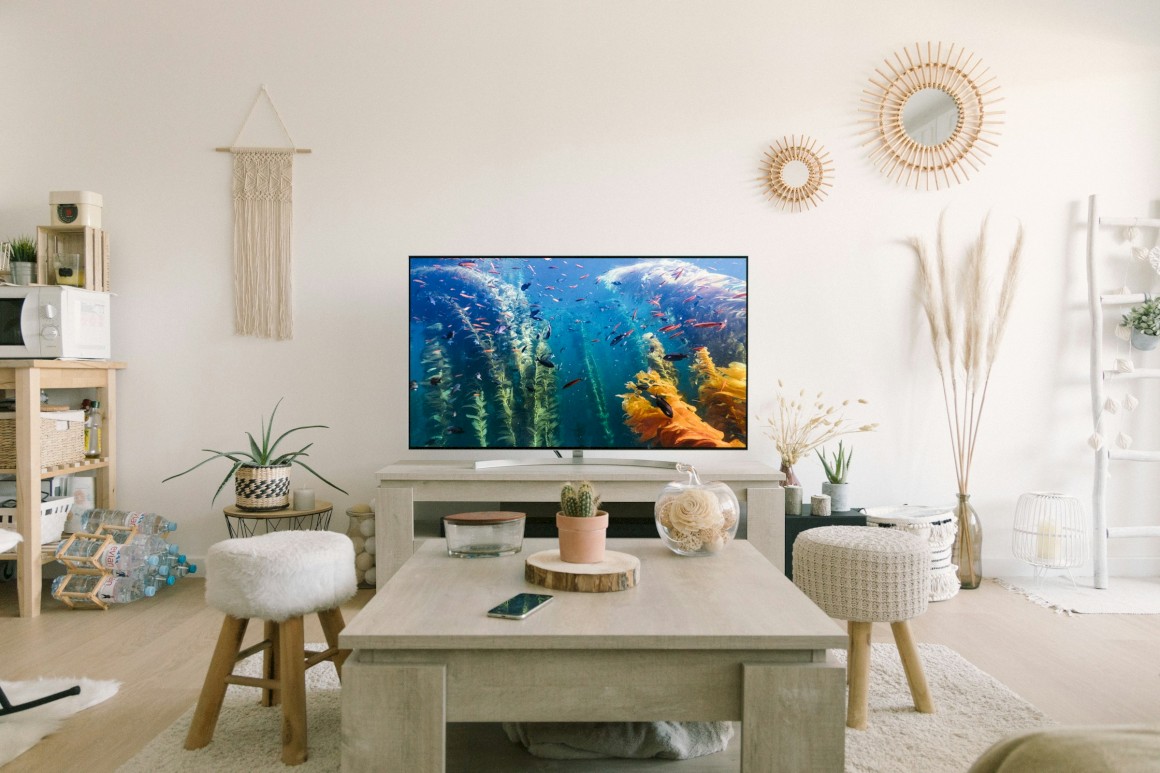In previous blogs (1 and 2), we reported on the fine of more than 39 million EUR imposed on Samsung by the ACM for coordinating online resale prices of televisions with various retailers. The latest development in this case is that the administrative court in Rotterdam (‘the Court’) declared in its decision of 13 November 2023 the appeal of Samsung unsubstantiated and upheld the fine decision in its entirety.
The prohibited conduct
Samsung fixed the online resale prices of at least seven retailers on a regular basis between January 2013 and December 2018 and then monitored such resale prices. When its televisions were being offered, in Samsung’s view, at too low prices it intervened and expected its retailers to follow its price instructions. As a result of this conduct consumers could not take full advantage of price competition among Samsung’s retailers, the Dutch Competition Authority ('ACM') found. Also, the conduct restricted the retailers’ freedom to set their resale prices and is therefore an infringement of competition law.
The court ruling
With reference to the Visma Enterprise judgment, Samsung argued that the ACM, when assessing if there is a restriction of competition by object, needs to examine whether inter-brand competition is weakened. The Court stated that such analysis is only required when a restriction might qualify as a restriction by effect.
However, with reference to the recent Super Bock judgment, the Court considers that even in the case of a hardcore restriction it still must be assessed whether the agreement or concerted practice is sufficiently harmful to competition to qualify as a restriction by object. The Court’s understanding of Super Bock is that such an assessment is required, because – even in the case of a hardcore restriction – it cannot be ruled out that under certain conditions the competition is not sufficiently harmed, for example, because the price is a less important competitive parameter.
The Court states that the ACM has adequately substantiated that Samsung's conduct is sufficiently harmful to competition. The key factor in this decision is that Samsung’s behavior to maintain profit margins limited price competition in a market where the price is an important competitive parameter (as a result of, among others, price transparency through price comparison websites). Furthermore, both Samsung and the concerned retailers had a high market share during the infringement period. These elements contribute, according to the Court, to the decision that Samsung's anti-competitive behavior is sufficiently harmful to competition to qualify as a restriction by object.
With regard to the fine imposed, the Court rules that the ACM has determined the amount in accordance with its fine policy and is therefore of the opinion that the fine imposed is appropriate.
Commentary
The fact that the ACM has the Court on its side in the first Dutch vertical enforcement case in a long time is a boost for the ACM and will undoubtedly lead to more vertical enforcement cases in the near future. LG, which was recently fined for similar behavior, will most probably be less enthusiastic about the ruling. It will have to come up with new arguments to have its fine dismissed in appeal.
The ruling of the Court in the Samsung case is subject to appeal to the Trade and Industry Appeals Tribunal (CBb).





Sign in to post comments